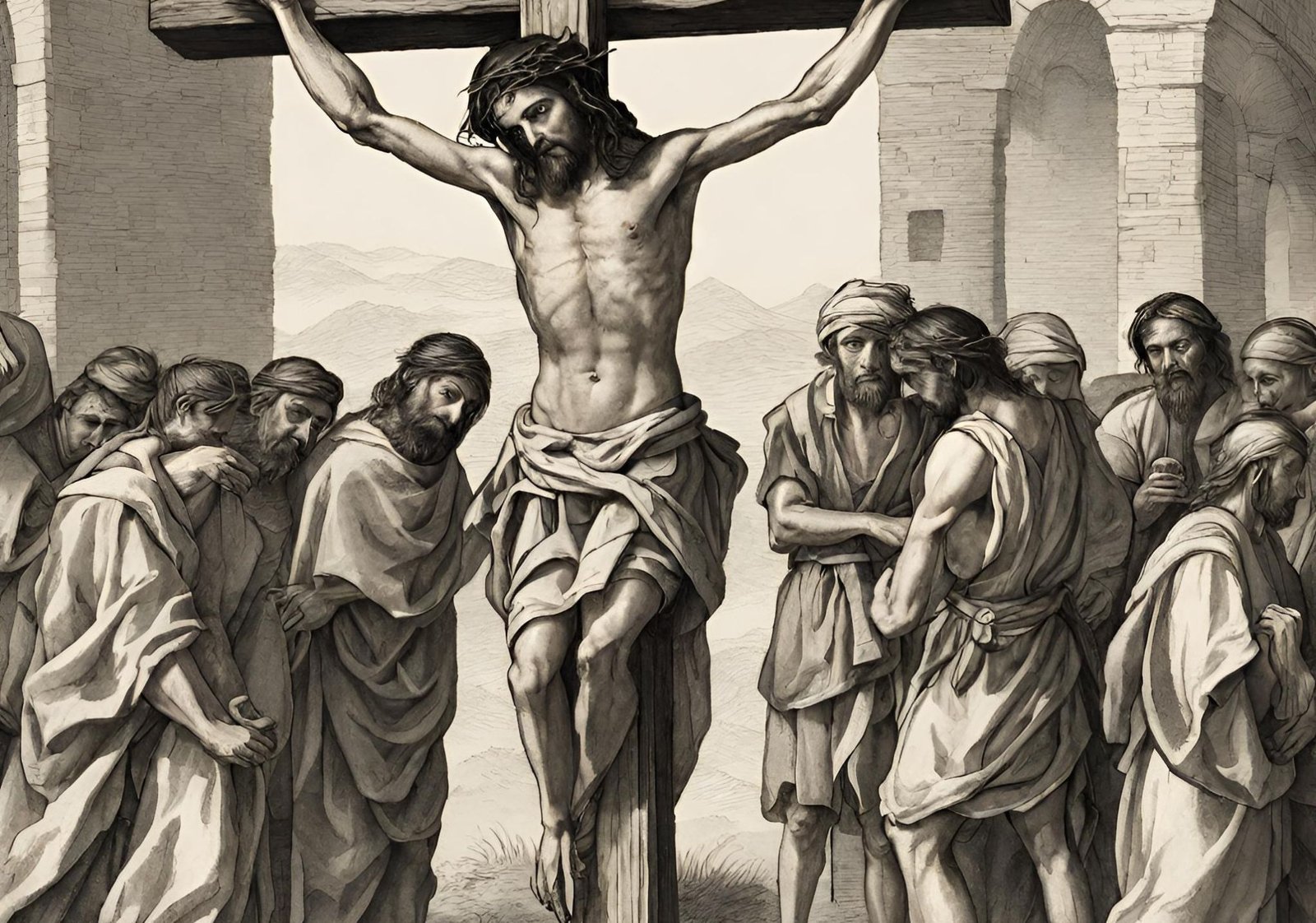The Transformative Role of Jesus in the Genesis and Evolution of Early Christian Communities
Introduction:

The emergence and growth of early Christian communities were profoundly shaped by the influential role played by Jesus Christ. As the central figure in Christian theology, Jesus served as the catalyst for the formation, development, and cohesion of these communities. This article explores the multifaceted contributions of Jesus in laying the foundations and nurturing the growth of early Christian congregations.
Foundation of Beliefs:

Jesus, as the perceived Son of God and the Messiah, laid the doctrinal groundwork for early Christian communities. His teachings, encapsulated in the Gospels, formed the core beliefs that united followers. Concepts such as love, forgiveness, and salvation became the moral compass guiding the lives of early Christians and shaping the communal ethos.
Communal Identity:

The life and ministry of Jesus provided a narrative that fostered a shared identity among early Christian communities. His teachings on love for one another and the establishment of a spiritual family created a sense of belonging. The concept of the Church as the body of Christ reinforced the communal identity, emphasizing the interconnectedness of believers in a shared faith.
Leadership Model:

Jesus’ role as a spiritual leader influenced the organizational structure of early Christian communities. The appointment of apostles and the establishment of leadership roles mirrored the hierarchical model seen in Jesus’ selection of disciples. This structure provided guidance and direction for the nascent congregations, ensuring continuity and stability.
Sacraments and Rituals:

The institution of sacraments, such as baptism and the Eucharist, became integral components of early Christian worship and community life. Jesus’ own baptism and the Last Supper provided the foundational events for these rituals, fostering a sense of shared experience and participation in the divine mysteries. The sacraments served as unifying elements that strengthened the bonds within the Christian communities.
Persecution and Solidarity:

In the face of persecution, early Christian communities drew inspiration from the suffering and sacrifice of Jesus. His crucifixion became a symbol of endurance and steadfastness in the face of adversity. This shared experience of persecution forged a sense of solidarity among believers, reinforcing their commitment to the faith and each other.
Missionary Impetus:

Jesus’ commission to his disciples to spread the Gospel laid the groundwork for the missionary zeal that characterized early Christian communities. The apostles, inspired by Jesus’ example, embarked on journeys to proclaim the message of Christianity. This missionary impetus contributed to the expansion and diversification of Christian communities beyond their initial locales.
Conclusion:

In essence, Jesus played a transformative and multifaceted role in the formation and development of early Christian communities. His teachings, leadership model, communal identity, sacraments, inspiration in the face of persecution, and missionary impetus collectively shaped the fabric of these communities. The legacy of Jesus reverberated through the centuries, leaving an indelible mark on the foundational principles and communal dynamics of the early Christian congregations.




